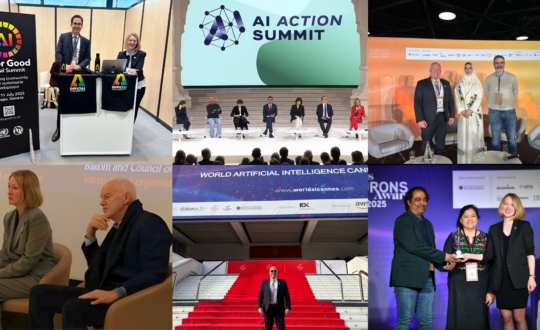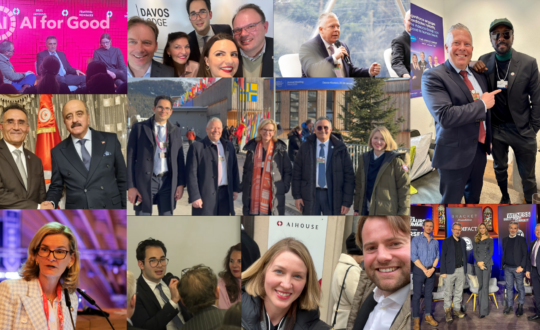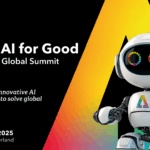Ray Kurzweil, inventor, author, and futurist has been involved in AI for sixty years, arguably the longest career in the field of anyone in the world, contributing ground-breaking innovations and offering thought-provoking theories about the future of technology and its impact on human society. His work has significantly influenced the AI landscape and continues to shape discussions on its development, ethics, and potential consequences.
Kurzweil has developed several ground-breaking innovations, including the Kurzweil Reading Machine in 1976, the first print-to-speech reaching machine for the blind that scanned printed text and read it aloud. In the 1980s, he developed the first commercially available large vocabulary speech recognition system, and the first music synthesizer capable of recreating the grand piano and other orchestral instruments. He also founded Kurzweil Educational Systems, which develops assistive technology for students with learning disabilities.
Kurzweil received a Grammy Award for outstanding achievements in music technology; he is the recipient of the National Medal of Technology, was inducted into the National Inventors Hall of Fame, holds twenty-one honorary doctorates, and honors from three U.S. Presidents.
His theories on the future of technology and human society are detailed in his five national best-selling books, including The Age of Intelligent Machines (1990), The Age of Spiritual Machines (1999), and The Singularity Is Near (2005) in which he predicts that the exponential growth of technology will lead to the Singularity in 2045; when AI surpasses human intelligence and causes rapid, unpredictable advancements. His next book The Singularity Is Nearer is due out in 2024.













